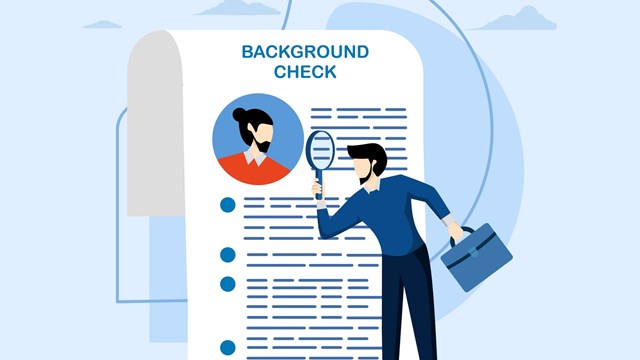Q How do we start a reserve fund? Where does the money come from? What can we or can’t we use the money for? Must we get approval from shareholders/owners in order to spend the reserve fund?
—Building Board Member
“The methods of creating a reserve fund in a condominium are somewhat more limited than in a cooperative. The board of managers may pass a resolution to raise common charges or to institute a special assessment to fund the reserve account. A new trend is for the unit owners to approve a resolution establishing a fee on the transfer of a unit similar to a flip tax. A condominium may also raise funds by selling common area space or by borrowing, subject to approval of the unit owners and subject to restrictions imposed by the Condominium Act. The bylaws of a particular building may dictate limitations on the board’s power to spend more than a stated amount for capital repairs or improvements without unit owner approval. Also, tax laws may require the funds to be segregated in a separate reserve account and used for a stated capital project.
“In all methods of creating reserves, the tax ramifications on the method of raising funds should be considered. Consultation with an accountant or an attorney knowledgeable in the tax laws pertaining to cooperatives and condominiums is highly recommended.”







Leave a Comment